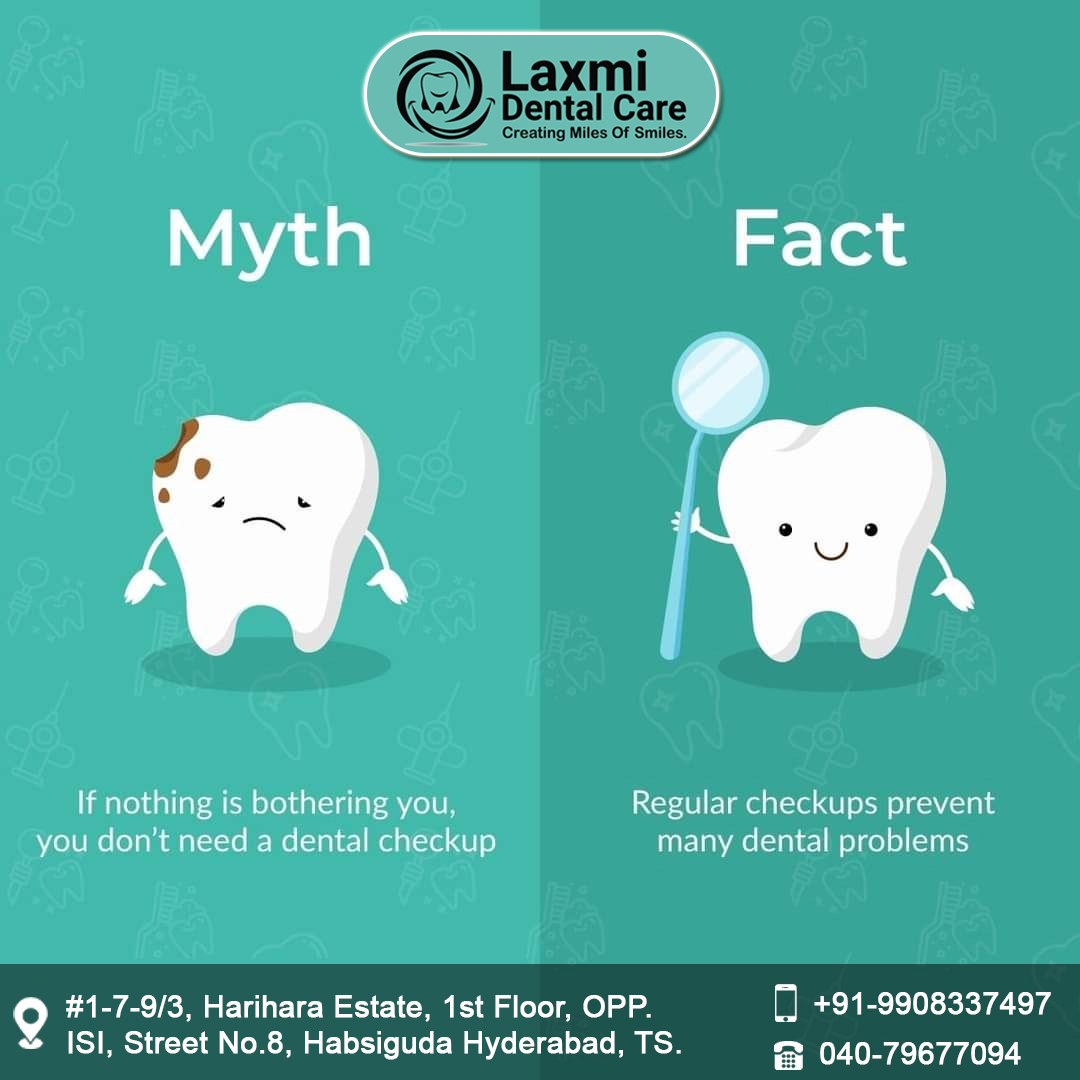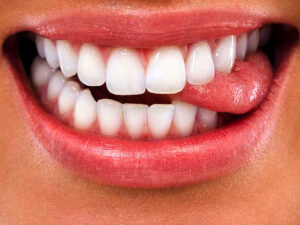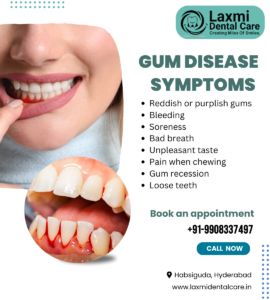There are several myths and misconceptions related to dental health that may mislead people. It’s important to be aware of these myths and seek accurate information. Here are some common dental myths:
Myth: Sugar is the sole cause of cavities.
While sugar does contribute to tooth decay, it’s not the only factor. Poor oral hygiene, infrequent dental visits, and other dietary choices can also play a significant role.
Myth: You don’t need to brush baby teeth.
Baby teeth are important and can affect the development of permanent teeth. It’s recommended to start cleaning a baby’s mouth even before the first tooth appears.
Myth: Whitening toothpaste can bleach teeth.
Whitening toothpaste can remove surface stains but doesn’t change the natural color of teeth. Professional whitening procedures are more effective for that purpose.
Myth: If gums bleed, it’s best to avoid brushing or flossing.
Bleeding gums can be a sign of gum disease, and avoiding oral hygiene practices can make the condition worse. It’s important to continue brushing and flossing, and consult a dentist if bleeding persists.
Myth: Chewing sugar-free gum is as effective as brushing.
Chewing gum can help stimulate saliva production, which aids in cleaning the mouth. However, it’s not a substitute for brushing and flossing, which are essential for removing plaque and preventing cavities.
Myth: You only need to see a dentist if you have a toothache.
Regular dental check-ups are crucial for preventive care. Dentists can detect and address issues early, preventing the development of more serious problems.
Myth: It’s normal for gums to bleed during pregnancy.
While hormonal changes during pregnancy can lead to more sensitive gums, persistent bleeding should not be ignored. It’s essential to maintain good oral hygiene and consult a dentist if there are concerns.
Myth: Using a hard-bristled toothbrush cleans better.
Hard-bristled toothbrushes can actually damage tooth enamel and gums. Dentists often recommend using a soft-bristled toothbrush to avoid unnecessary abrasion.
Myth: You don’t need to take care of baby teeth because they will fall out anyway.
Neglecting baby teeth can lead to cavities and impact the development of permanent teeth. Good oral hygiene habits should start early to establish a foundation for lifelong dental health.
Myth: Oral health is separate from overall health.
Oral health is interconnected with overall health. Poor oral hygiene has been linked to various systemic conditions, such as cardiovascular disease and diabetes. Regular dental care is an integral part of maintaining overall health.
It’s important to consult with dental professionals for personalized advice and to separate fact from fiction when it comes to oral health. Regular dental check-ups and good oral hygiene practices are key to maintaining a healthy smile.




